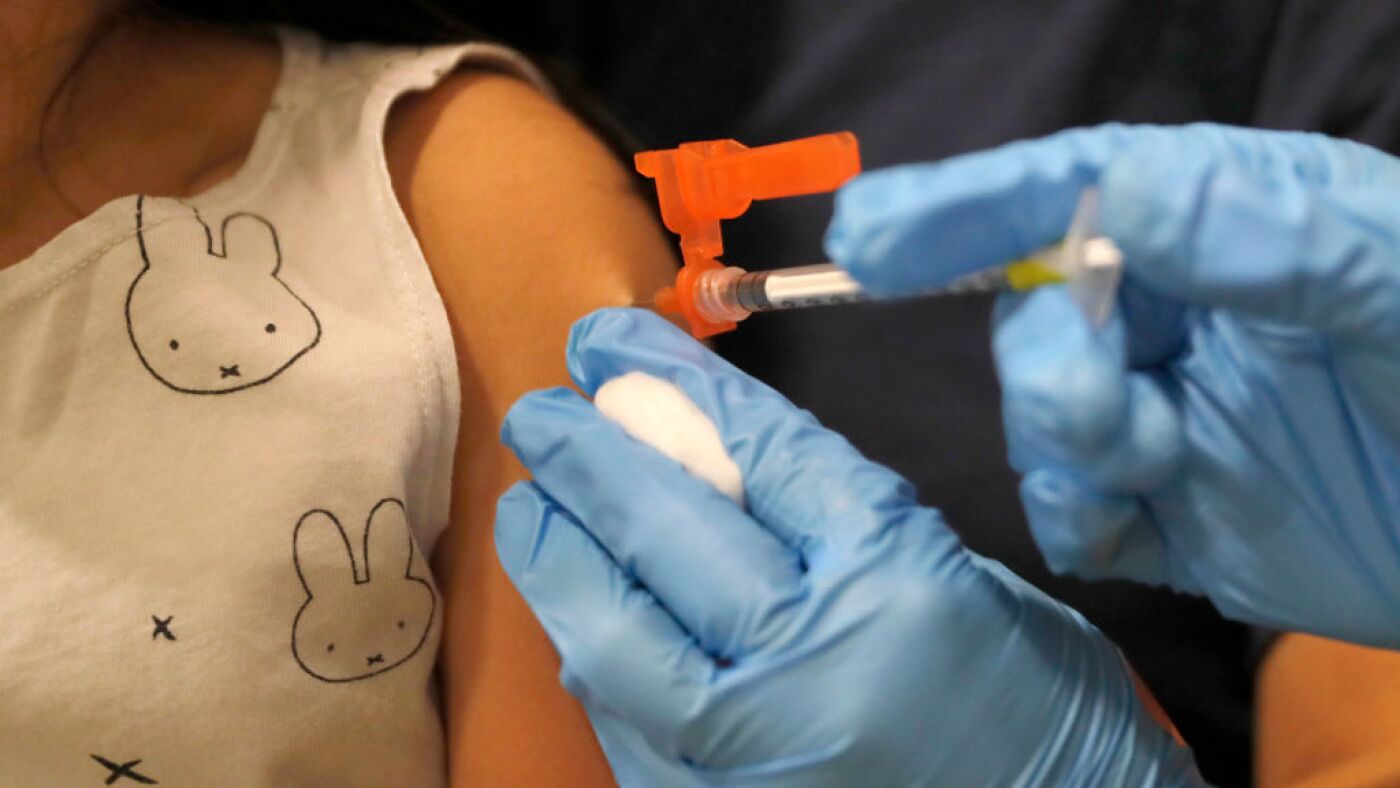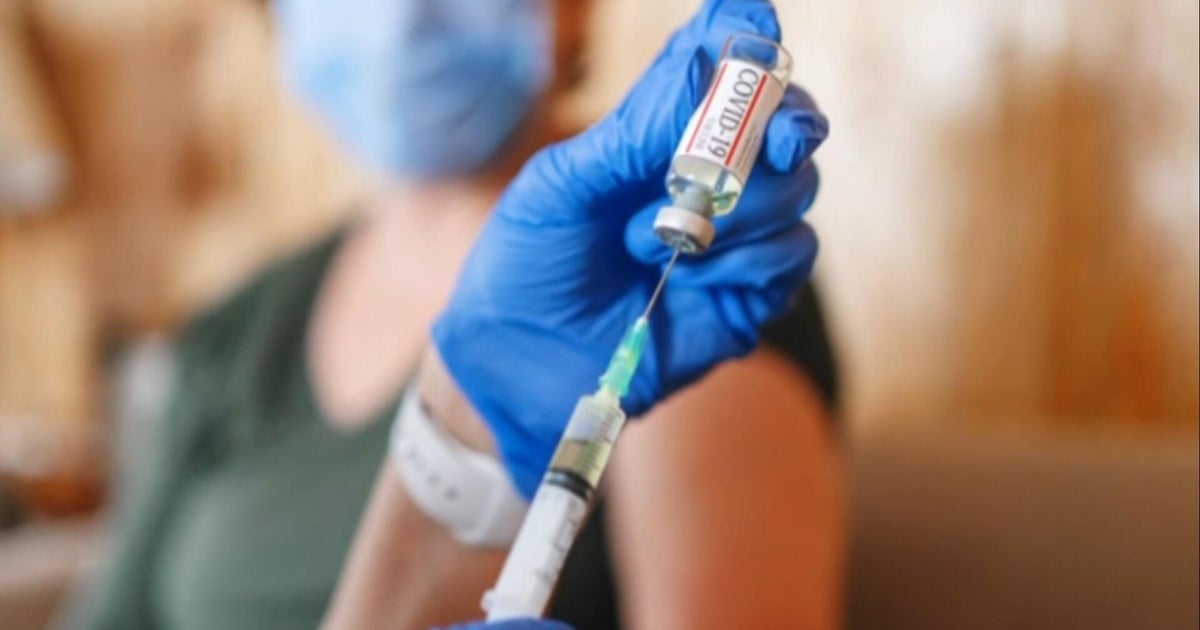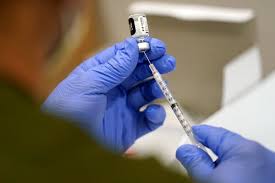The recent announcement by Health and Human Services Secretary Robert F. Kennedy Jr. regarding the rollback of COVID-19 vaccination recommendations for kids and pregnant women has sparked concerns among health experts. This decision involves the removal of the CDC's recommendation for healthy children and pregnant women to receive the COVID-19 vaccine. Kennedy described the move as common sense and good science, but some experts have expressed worries about the potential public health implications.
The decision to exclude healthy children and pregnant women from the recommended immunization schedule has raised questions about how insurance companies will respond. Some health experts fear that this change could create a barrier between those not covered by the new guidelines and insurance providers, potentially leading to reduced coverage for the vaccine. Dr. Tina Tan, a professor of pediatrics at Northwestern University's Feinberg School of Medicine, pointed out concerns about the accuracy of these guidelines and their impact on insurance coverage for the vaccine.
While most insurance companies have stated that they will continue to cover COVID-19 vaccines as preventive care, there are apprehensions about the repercussions of this policy shift on the vaccination rates of healthy children and pregnant women. Despite the recent changes, Tan emphasized the importance of pediatricians continuing to recommend COVID-19 vaccines to all their patients from a healthcare provider's perspective.
Criticism of the decision to retract COVID-19 vaccine recommendations for healthy children and pregnant women extends to the lack of proper consultation within the CDC. Some healthcare professionals in the Chicago area are concerned that the decision might not have followed the correct internal processes within the CDC, as highlighted by Dr. Katrine Wallace, an epidemiologist at the University of Illinois Chicago.
The ongoing debate surrounding COVID-19 vaccination recommendations also intersects with policy considerations for pregnant women. Dr. Emily Landon, an infectious disease expert at the University of Chicago Medicine, raised questions about the authority behind the decision and emphasized the importance of global consensus on recommending COVID vaccines for pregnant women due to the potential benefits for maternal and fetal health.
The FDA's recent directive to require major new clinical trials for approving COVID-19 vaccine updates for wider use has implications for access to updated shots. The FDA's focus on approving updates for seniors and individuals with underlying medical conditions may limit access for individuals without those risk factors, raising concerns about equitable vaccine distribution moving forward.
Dr. Katrine Wallace underscored the challenges in assessing risk factors for children compared to adults, citing data that highlights the importance of vaccination in preventing severe outcomes in children with no known underlying conditions. With COVID-19 ranking as a leading cause of death in the U.S. and children, the importance of vaccination as a preventive measure remains a critical public health strategy.
In the context of Chicago Public Schools, the COVID-19 vaccine is currently recommended but not mandatory for students. Despite the changing clinical eligibility guidelines, the school district will continue to align with federal and state vaccination programs. Any updates from the Illinois Department of Public Health regarding vaccine guidelines will be followed by CPS.
The decision to remove COVID-19 vaccination recommendations for healthy children and pregnant women has implications for vaccination efforts, insurance coverage, and public health messaging. With varying perspectives from health experts, policymakers, and healthcare providers, the ongoing discourse underscores the complexities involved in shaping COVID-19 vaccination strategies and policies.
In conclusion, the evolving landscape of COVID-19 vaccination recommendations underscores the importance of evidence-based decision-making, transparent communication, and equitable access to vaccines for all populations. The interplay between public health recommendations, clinical guidelines, and community perspectives will continue to shape the trajectory of COVID-19 vaccination efforts as stakeholders navigate the challenges and opportunities presented by the pandemic.



